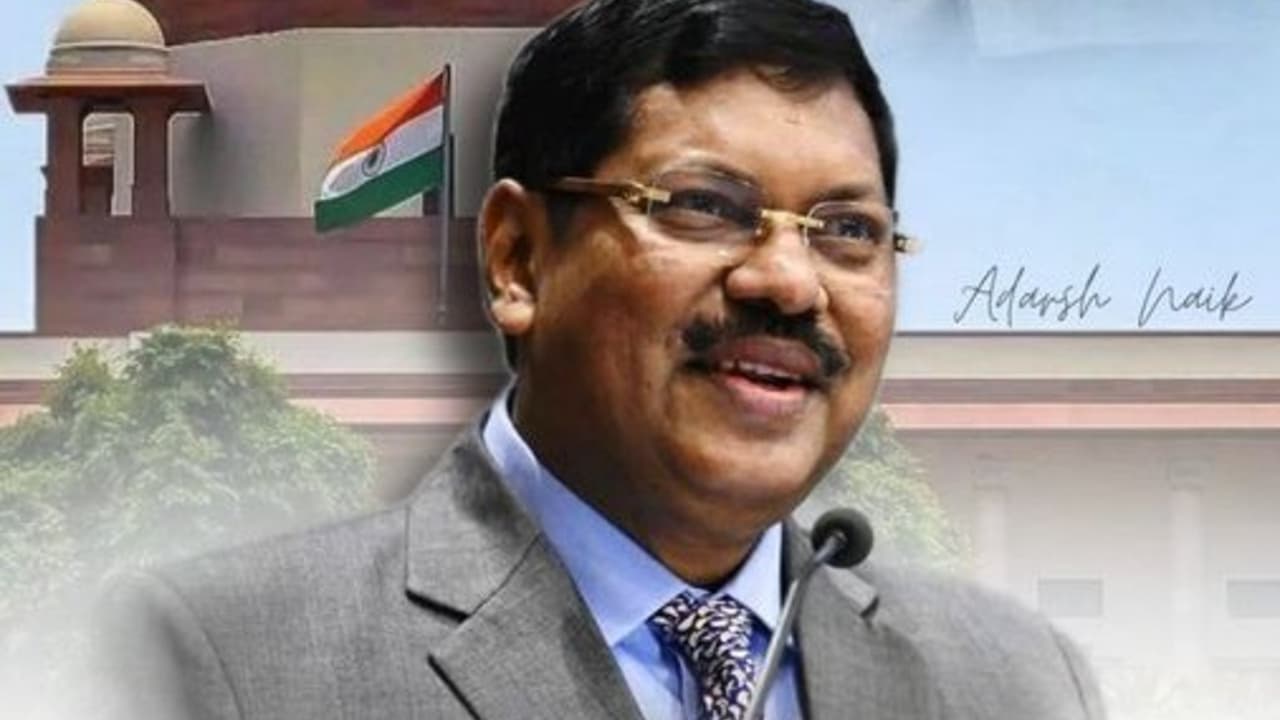Girls Safety India: Chief Justice B.R. Gavai said girls in India still face dangerous conditions like FGM, child marriage, malnutrition and digital harassment. Pending petitions in the Supreme Court challenge these threats.
New Delhi. Chief Justice of India B.R. Gavai recently said that many girls in India are still facing dangerous conditions like Female Genital Mutilation (FGM), child marriage, malnutrition and sexual exploitation. He said this in the national consultation organized on the topic ‘Safety of the Girl Child: Towards a Safe and Enabling Environment’. The Court also noted that the dangers faced by girls are no longer limited to physical spaces, but have extended to the digital world.
What did the CJI say for the Muslim community?
The Chief Justice pointed out that PILs challenging the legality of practices like FGM in some Muslim communities are pending in the Supreme Court. The petitions also challenge alleged discriminatory practices against women in Sabarimala, Agiyari, Parsi communities and mosques.
Are girls also at risk in the digital world?
B.R. Gavai said online harassment, cyberbullying, digital stalking, deep fake imagery and misuse of personal data are presenting new challenges to girls. Although technology can be a tool of empowerment, its misuse is making them even more vulnerable and unsafe.
Where are the fundamental rights of girls?
Justice said that depriving girls of their fundamental rights and basic resources required for survival is a matter of grave concern. According to them, this discrimination exposes them to dangerous situations like violence against girls, trafficking, sex-selective abortion and child marriage against their will.
Can girls’ safety be limited only to school and home?
CJI Justice Gavai made it clear that protecting the girl child today means securing their future on every screen and digital platform they come across. Young girls should get equal opportunities and resources so that they can take decisions in life independently like their male counterparts and do not face any obstacles.
Are girls really safe in India?
The Supreme Court emphasized that law alone is not enough. Policy makers, institutions and enforcement officials must understand the reality of how technology and social structures are making girls vulnerable. Technology has to be made a means of empowerment and security instead of exploitation. Justice Nagarathna said that girls in India can be called equal citizens only when they get equal opportunities and resources and do not face any obstacles
